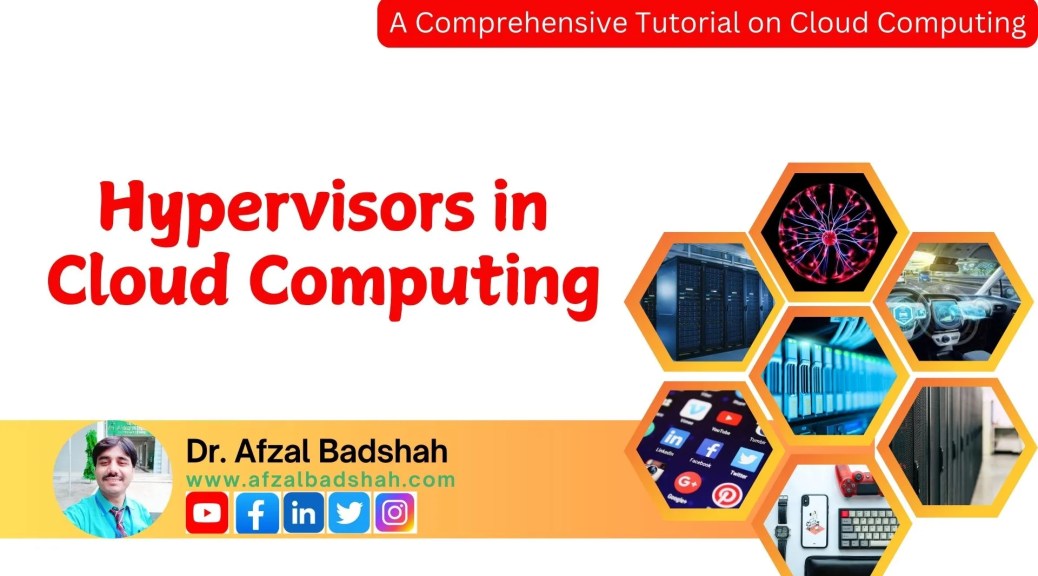PMI Process Groups: A Comprehensive Guide
The Project Management Institute (PMI) Framework is structured around five Process Groups, forming the foundation of project management. These Process Groups are essential for effectively managing software development projects, ensuring a structured approach from project initiation to closure. The detailed tutorial can be visited here. Understanding PMI Process Group A project moves through five sequential Process Groups, each having distinct objectives, activities, and deliverables. These include: Each of these groups consists of multiple project management processes aimed at ensuring smooth…









